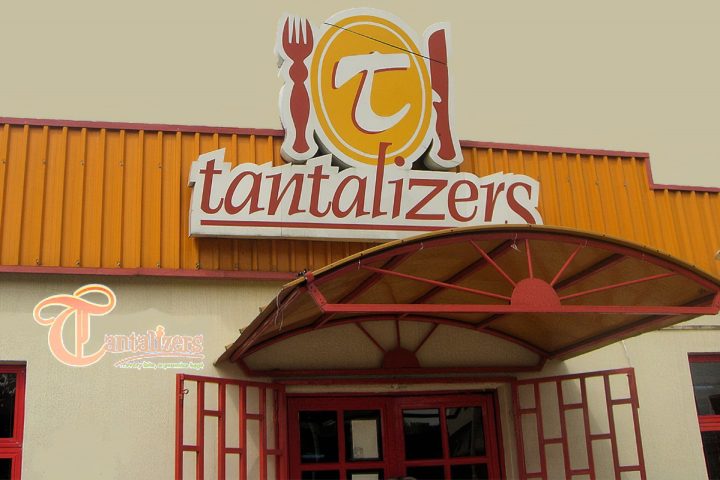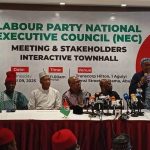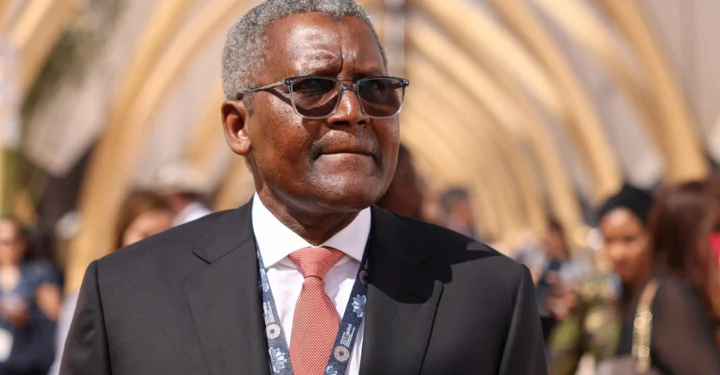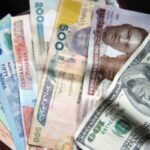Nigeria’s Special Adviser to the President on Information and Strategy, Bayo Onanuga, has revealed that the country was spending a sum of $1.5 billion monthly to maintain a fixed foreign exchange (FX) rate before President Tinubu’s unification policy in June, 2023.
Onanuga disclosed this information on Sunday in response to a critical report by the New York Times, which described Nigeria’s economy as facing its worst trajectory in a generation.
Join our WhatsApp Channel“President Tinubu inherited an economy with broken public finances. The economic challenges we face today were set in motion long before his administration,” Onanuga stated.
Arbitrage and Economic Distortions
Onanuga explained that keeping the foreign exchange rate artificially low, resulted in rampant arbitrage. More than 5000 Bureau De Change (BDC) operators were exploiting the pegged rate for profit.
“Like oil, the exchange rate was also subsidised by the government. The Central Bank of Nigeria (CBN) spent an estimated $1.5 billion monthly to ‘defend’ the currency against the high demand for dollars in our import-dependent economy,” Onanuga said.
The artificial rate gap created a significant difference between the official exchange rate and the rate used by BDC operators.
This situation led to the country failing to meet its remittance obligations to airlines and other foreign businesses, causing a decline in Foreign Direct Investment (FDI) and impacting sectors like oil. Emirates Airlines, for instance, discontinued its Nigerian route due to these challenges.
READ ALSO: Nigeria: Fuel Subsidy Removal, FX Reforms Will Save N8trn Annually
Restoring Stability In the FX Market
According to Onanuga, the unification policy introduced by President Tinubu has begun to stabilise the foreign exchange market.
“After months of turmoil, stability has returned to the FX market. The exchange rate now trades below N1500/$, indicating a reduction in instability,” he remarked.
Onanuga highlighted that projections suggest the exchange rate could further appreciate to between N1,200/$ and N1,000/$ by the end of the year.
“President Tinubu took immediate action against the unsustainable subsidy regime. His administration floated the naira, and though we faced a tough period with the naira hitting as low as N1,900 to the dollar, we’ve started to see stability,” he added.
Current FX Market Trends
The naira has shown resilience since May, with modest gains against the US dollar. It now trades just below N1,500/$, supported by an increase in the CBN’s foreign exchange reserves.
The FX market data shows the naira appreciated by 0.02% from N1,481.32/$ to N1,481.03/$ in the official market last week. The BDC rate also improved by 0.14%, from N1,477/$ to N1,475/$.
These positive trends contrast with the instability experienced earlier in the year when the naira plummeted to N1,900/$ in February 2024.
A Transparent Market System
The CBN, under Governor Cardoso, has reiterated its commitment to maintaining exchange rate stability. “Our goal is to uphold a transparent, willing buyer, willing seller market system,” the CBN stated.
The progress in the FX market reflects the impact of President Tinubu’s reforms. By addressing the fundamental issues and implementing necessary policies, the administration aims to create a more stable and resilient economy.
Emmanuel Ochayi is a journalist. He is a graduate of the University of Lagos, School of first choice and the nations pride. Emmanuel is keen on exploring writing angles in different areas, including Business, climate change, politics, Education, and others.


















Follow Us